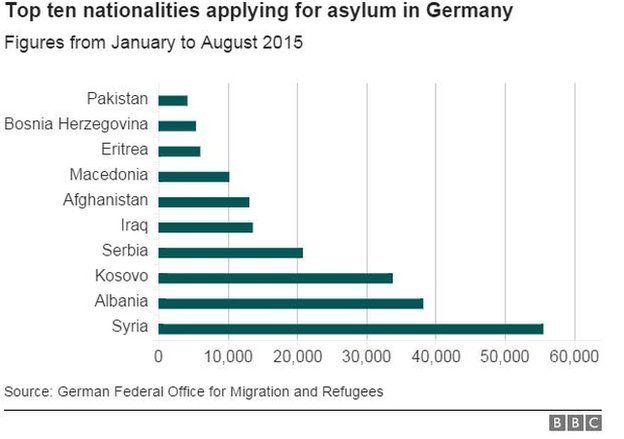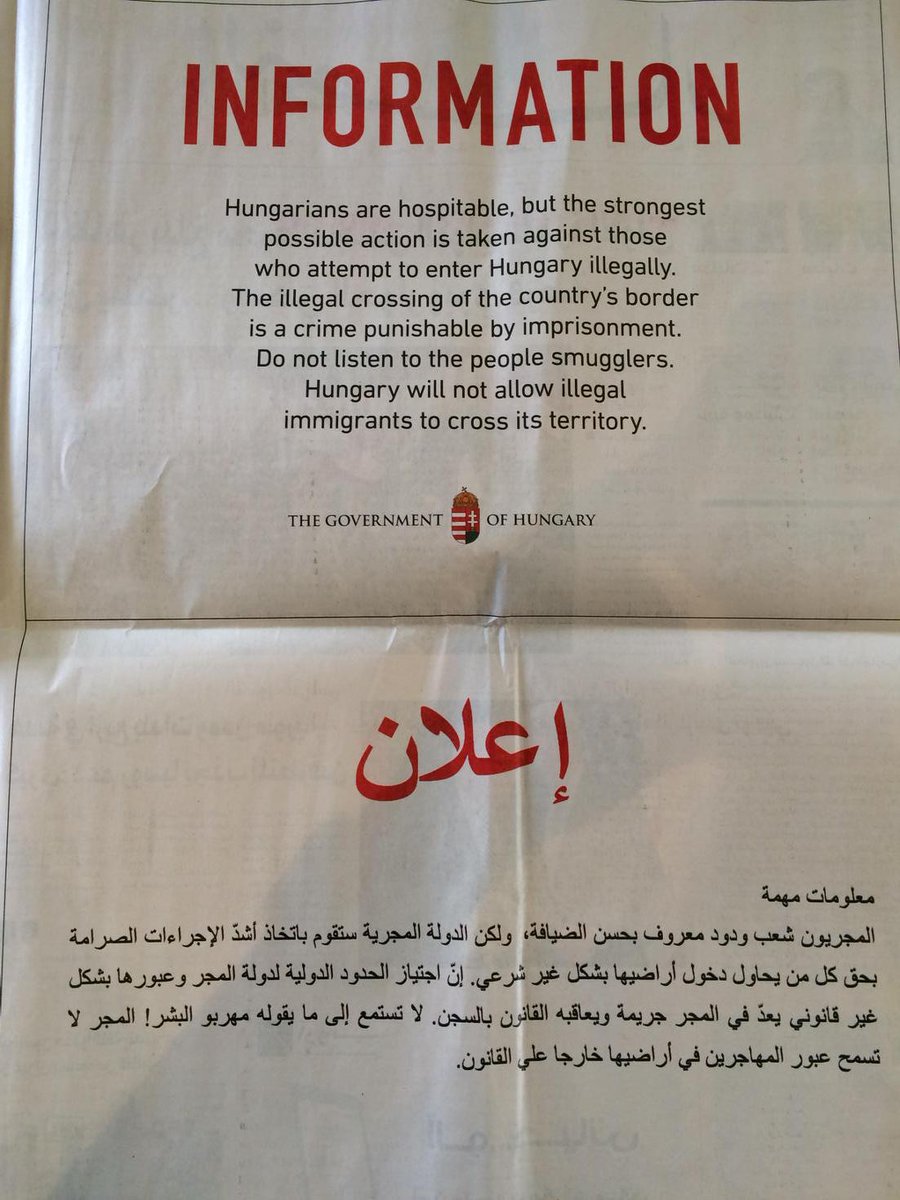The gesture inspection. formality.
Iranian nuclear experts have taken environmental samples from the military base at Parchin without United Nations inspectors being present, the spokesman for Iran’s atomic energy agency was quoted as saying on Monday.
The procedure for taking the samples, which could shed light on whether Iran’s nuclear program ever had a military dimension, has been under intense discussion since Tehran reached a nuclear deal with world powers in July.
Western diplomats told Reuters earlier this month inspectors from the International Atomic Energy Agency (IAEA), the United Nations nuclear watchdog, would observe samples being taken.
“Iranian experts took samples from specific locations in Parchin facilities this week without IAEA’s inspectors being present,” Behruz Kamalvandi was quoted as saying by state news agency IRNA.
“They followed regulations and standards and the samples were given to IAEA’s experts,” the Atomic Energy Organization of Iran (AEOI) spokesman added. He did not rule out IAEA inspectors being present for future samples being taken.
IAEA chief Yukiya Amano visited the site at Parchin on Sunday, the agency’s first visit there in a decade. Iranian state media described the visit as ceremonial rather than an inspection.
Was the Iran Deal Signed By Anyone? Rep. Pompeo Demands Answers From Kerry
Congressman Mike Pompeo (R-KS) sent a letter to Secretary of State John Kerry, this morning, requesting a complete and signed version of the Iran Deal finalized this summer in Vienna. The copy submitted to Congress for review, Rep. Pompeo notes, does not include the side deals signed between Iran and the International Atomic Energy Agency (IAEA), nor have any representatives of the P5+1 or Iran signed it.
“As you know, pursuant to H. Res. 411, the House of Representatives considers the documents transmitted on July 19, 2015 incomplete in light of the fact that the secret side deals between the International Atomic Energy Agency (IAEA) and the Islamic Republic of Iran were not provided to Congress,” Pompeo wrote.
Rep. Pompeo gave Secretary Kerry the benefit of the doubt, insisting that an administrative error must be at fault for Congress receiving an unsigned version of such a groundbreaking deal. Pointing to other international agreements, which were given to Congress complete with signatures, he assumed that Kerry would tout his accomplishment in organizing this deal by presenting Congress with the full, inked version.
“I am confident that you intended for the JCPOA to be signed by each of the P5+1 participants. I can find no international agreement of this ‘historic’ nature that was not signed by the parties,” he said.
He went on emphasize the importance of having a signature on such a document, to make it binding to all parties involved. He discussed the fact that President Rouhani announced that Iran is not putting the document through its national legislative process, so as not to place legal constraints on the Iranian government or people.
“[Having signatures] is particularly important with respect to JCPOA. Iranian President Hassan Rouhani has made clear that he does not believe that JCPOA is legally binding on his nation, saying, ‘If the Joint Comprehensive Plan of Action is sent to (and passed by) parliament, it will create an obligation for the government. It will mean the president, who has not signed it so far, will have to sign it,” Pompeo asked. “Why should we place an unnecessary legal restriction on the Iranian people?”
He closed the letter by highlighting how many concessions Iran has received in this agreement, and that there is no reason they wouldn’t sign the copy submitted to Congress to approve.
“Given the many benefits that will accrue to the ayatollahs, the Iranian Revolutionary Guard Corps, and other unsavory elements of the Iranian regime, I believe that Iran should, at the very least, bind itself to the few requirements placed on it under the JCPOA by signing the agreement,” Pompeo wrote.
*** More real cause to worry about the Iran deal:
Boosted by nuke deal, Iran ups funding to Hezbollah, Hamas
Operating on assumption sanctions will be lifted, Tehran increases support to proxies, while freezing out Hamas leader Khaled Mashaal
On Sunday, the director of the International Atomic Energy Agency, Yukiya Amano, arrived in Iran for talks on the nuclear agreement, as part of what appears to be an attempt by the UN nuclear watchdog to evaluate whether Iran ran a military nuclear program in the past.

Amano is expected to meet with various Iranian nuclear scientists for answers on this very subject. On December 15, ahead of the lifting of crippling economic sanctions on Tehran, he is slated to present the world with definitive answers that will determine whether Iran complied with the terms of a nuclear deal signed on July 15. But the Islamic Republic is not waiting for a green light from Amano or the international community, and is working under the assumption that the sanctions will be lifted.
Since the deal was signed, Iran has significantly increased its financial support for two of the largest terror groups in the region that have become political players, Hamas and Hezbollah. In the years before the deal was signed, the crippling sanctions limited this support, which had significantly diminished along with Iran’s economy. But Tehran’s belief that tens, or hundreds, of billions of dollars will flow into the country in the coming years as a result of sanctions relief has led to a decision to boost the cash flow to these terror organizations.
This support, for example, has enabled Hezbollah to obtain highly developed new armaments, including advanced technologies that many militaries around the world would envy. Al-Rai, a Kuwaiti newspaper, reported Saturday that Hezbollah has received all the advanced weaponry that Syria has obtained from the Russians. The report cited a security source involved in the fighting in Zabadani, on the Syria-Lebanon border, where Hezbollah is fighting the al-Nusra Front, the Islamic State, and other groups. It is evidently the growing Iranian financial support that is enabling the Lebanese Shiite militia to purchase advanced weapons, including ones that were hitherto outside of its reach.
The increased Iranian financial support for Hezbollah in the wake of the deal is not unrelated to other political developments in the region. The growing sense of security in Iran with regard to its political status has also been bolstered by a Russian decision to increase its involvement in Syria, and may be what drove Iran to send hundreds of members of its Revolutionary Guard Corps to play an active role in the Syria fighting. Iran, along with Hezbollah and Moscow, has decided to dispatch sizable forces to the Syrian front in the past few weeks to prevent the collapse of Bashar Assad’s regime.
The Shiite-Russia axis has been anxiously watching the Islamic State creep toward Damascus in recent months, and saw the territory controlled by Assad, an important ally, diminished to the coastal region of Latakia south of the capital. The Iranians and Russians grasped that not only was Damascus endangered, but also access to the Alawite regions, from Homs to Damascus — thus the urgency for intervention, including with troops on the ground.
The high morale and sense of security among the Iranians in the wake of the deal don’t stop with increased support of Hamas and Hezbollah. Today, Iran is the main, and likely only, power attempting to build terror cells to fight Israel on the Syrian Golan Heights, in areas under Assad’s control. This does not mean that the Syrian president is aware of these attempts or green-lighted them. But for Israel, that does not matter. Tehran is investing more effort and money after the nuclear deal to carry out attacks against Israel from the Golan, even under Assad’s nose.
As regards the Palestinians, in the past two months, Iran has sent suitcases of cash – literally – to Hamas’s military wing in Gaza. Not everyone is happy about this, including some Hamas officials. Hamas leader Khaled Mashaal, who was always the man who controlled the money, has found himself outside the circle of Iranian funding over the summer. Tehran, which was none too pleased by his visit to Saudi Arabia and meeting with King Salman, decided to take revenge on him in an original way. It bypassed Mashaal and has handed over the suitcases, by way of couriers, directly to the leaders of the group’s military wing in the Gaza Strip.

The Hamas military leaders, for their part, are happy about two things: First, the money they are receiving during a difficult economic period in Gaza; second, the opportunity to weaken Mashaal and his cronies, who have been living in luxury in Qatar and dictating to Hamas in Gaza what to do and what not to do, who to get closer to (Saudi Arabia) and who to stay away from (Iran).


